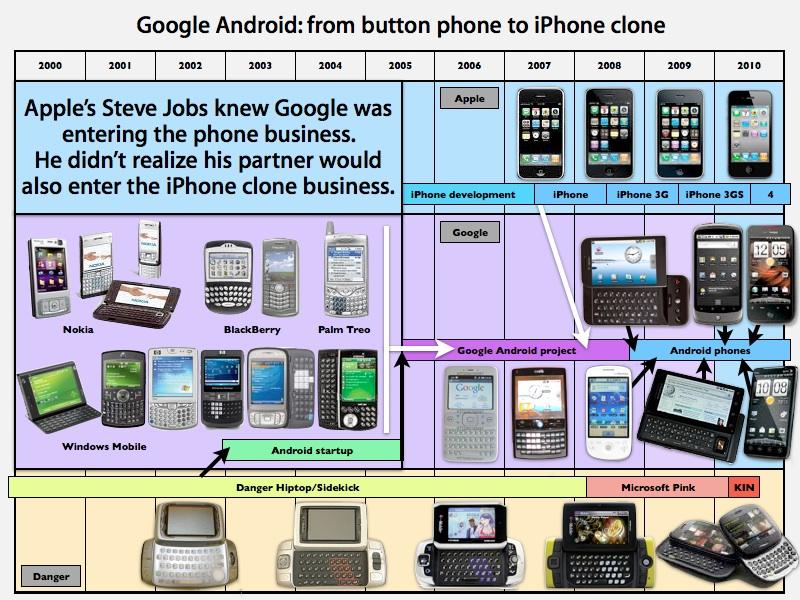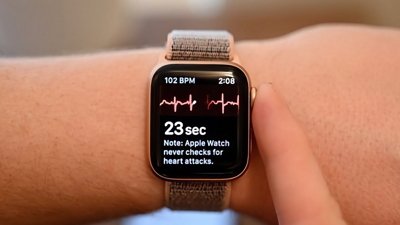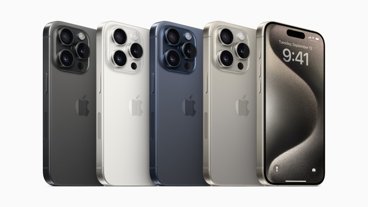Google takes issue with jury selection in Oracle vs Android case
According to a report by FOSS Patents blogger Florian Mueller, Google has objected to the court's decision to draw jurors from a pool pre-cleared for a separate, longer criminal trial.
Jury selection not diverse enough!
Google says the group is "is less likely to provide a fair cross section of the community than the usual venire available in patent-infringement cases such as this one. As a practical matter, most potential jurors who ordinarily would be available to serve on a three-week civil trial will have significant personal or professional commitments that may make them ineligible to serve in a multi-month criminal trial. Accordingly, the pre-cleared group will be smaller, less diverse, and less representative than the broader group that would otherwise be available for selection."
Mueller notes that Google's intention is likely to be a delay tactic intended to ensure the case won't be ready for trial by the end of October as is currently scheduled. But he also notes that the jury pool originally selected for its ability to participate in an unrelated month long case is more likely to be older and more conservative, and less likely to be tech savvy, employed and of the younger "Google generation."
That would make it harder for Google to argue the fine technical details that distinguish Android's Dvalik virtual machine from Oracle's original Java VM, and make it harder to convince jurors that Android's documented infringement is excusable though legal loopholes that could allow the sealing of evidence, as Google has worked to do, albeit unsuccessfully so far.
No technical experts!
At the same time, Google has also argued against the the court's decision to allow a technical expert to serve as an independent, court appointed advisor, asking that the advisor instead be an "industry expert" more familiar with marketing.
Google stated, "if the Court decides to appoint a technical or industry expert regarding the basis of demand for Android, Google believes that an industry expert would be more helpful to the Court and the jury than a technical expert.
"An industry expert would have first-hand knowledge of the market for handsets, operating systems, and applications, how those products are marketed to consumers, and the reason why consumers make their practical purchasing decisions. […] A technical expert, by contrast, might be limited to offering objective data regarding how any patented features in the Android software improved the performance of that software, but may not have a basis for evaluating the extent to which any of those performance improvements actually mattered to consumers, relative to the other features of the software."
Mueller notes that in this situation, "Google obviously wants to downplay the role Oracle's Java IPRs play, claiming that anything those patents (and copyrights) cover is just a small part of Android as a whole. Oracle wants the opposite.
"Programmers are, on average, more inclined to attach substantial value to certain functionalities, and in this case we're talking about rights that allegedly cover essential aspects of Android's app platform. A programmer's perspective is likely to be that Android would be fundamentally less valuable without the technologies to which Oracle claims exclusive rights. For a programmer, Android without access to all those Dalvik-based apps is a rather unattractive platform."
Potential Apple involvement in the Android case
While Apple has focused its resources toward stopping specific Android-based products that it claims infringe upon its technical and design implementation patents, it may lend assistance to Oracle's case in presenting the fact that when Google acquired Android, it included employees with an intimate knowledge of not just Oracle's Java (then owned by Sun), but also Apple's own, patented OS features. The group within Android subsequently used that technology, despite knowing that it was patented.
In its case against Android licensee HTC, Apple stated that Android's original and current lead developer Andy Rubin "began his career at Apple in the early 1990's and worked as a low level engineer specifically reporting to the inventors of the '263 patent at the exact time their invention was being conceived and developed."
Apple's statement added, "it is thus no wonder that the infringing Android platform used the claimed subsystem approach of the '263 patent that allows for flexibility of design and enables the platform to be 'highly customizable and expandable' as HTC touts."
Apple's patent 6,343,263, for "Real-time signal processing system for serially transmitted data," refers to "the use of real-time application programming interfaces (APIs) interposed between application software or driver software and the real-time processing subsystem." Mueller described the technology as foundational to Android, making it "extremely hard" to work around.
While Apple has so far indicated a preference for focusing its legal complaints against infringing commercial products rather than Android itself, Oracle could cite Apple's statements in the HTC case as further evidence of Google's willingness to use technology in Android that it knew to be patent encumbered. Oracle itself has presented evidence that Rubin suggested to "do Java anyway and defend our decision, perhaps making enemies along the way."
 Daniel Eran Dilger
Daniel Eran Dilger











 Malcolm Owen
Malcolm Owen
 William Gallagher
William Gallagher
 Christine McKee
Christine McKee
 Michael Stroup
Michael Stroup
 William Gallagher and Mike Wuerthele
William Gallagher and Mike Wuerthele


 Chip Loder
Chip Loder






